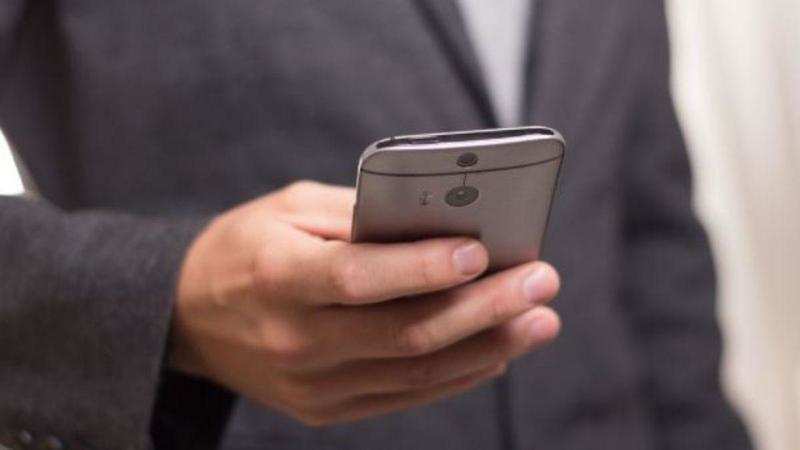

A smartphone sensor, very like what’s utilized in GPS methods, is likely to be a solution to decide whether or not or not somebody is intoxicated after consuming marijuana, a brand new examine suggests.
The examine, which evaluated the feasibility of utilizing smartphone sensor information to determine episodes of cannabis intoxication within the pure atmosphere, a mix of time options (monitoring the time of day and day of the week) and smartphone sensor information had a 90 per cent fee of accuracy.
“Utilizing the sensors in an individual’s phone, we would be capable of detect when an individual is likely to be experiencing cannabis intoxication and ship a quick intervention when and the place it might need essentially the most affect to scale back cannabis-related hurt,” stated researcher Tammy Chung from Rutgers College.
For the examine, printed within the journal Drug and Alcohol Dependence, the researchers analysed each day information collected from younger adults who reported hashish use at the least twice per week.
They examined cellphone surveys, self-initiated studies of hashish use, and steady cellphone sensor information to find out the significance of time of day and day of the week in detecting use and recognized which cellphone sensors are most helpful in detecting self-reported hashish intoxication.
They discovered that point of day and day of the week had 60 per cent accuracy in detecting self-reporting of hashish intoxication and the mix of time options and smartphone sensor information had 90 per cent accuracy in detecting hashish intoxication.
Hashish intoxication has been related to slowed response time, affecting efficiency at work or faculty or impairing driving behaviour resulting in accidents or fatalities.
Present detection measures, resembling blood, urine or saliva exams, have limitations as indicators of hashish intoxication and cannabis-related impairment in each day life.
FbTwitterLinkedin






